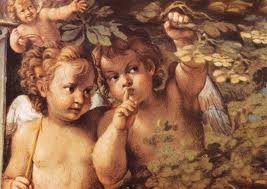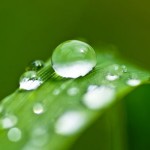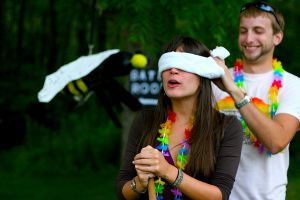Daily Wisdom: It’s All Art!

The same is true of music. Music is not limited to symphonies or rock concerts. We are all musicians and life is overflowing with music. Remember the Broadway show “Stomp”? There was no dialogue; it was all music and dance. The catch was that no musical instruments were used. The instruments were adapted from the fabric of everyday living. Pots, pans, brooms, sinks, faucets, garbage can lids, bottles, bags, newspapers, hands, feet, virtually every part of the body – all of these became instruments of music. The implication is stunning; what we usually do is limit art to formal work by people we call artists, just as we limit music to formal instruments. Formal music and art need to model the erotics of sound and beauty in all of our lives and not just in their narrow provinces. Music and art need to pervade all of living. Every moment is a canvas and is possessed of its own melody.
Rumi knowingly instructs us:
Let the beauty that we love be what we do.
There are hundreds of ways to kneel and kiss the Ground.
The Erotic and the Holy
Marc Gafni
For more information on private study or to book a public teaching, contact Dr. Marc Gafni at support@ievolve.org

 In biblical mysticism love and oneness are identical. In Hebrew, there is a mystical technique called “gematria” in which each letter, and thus each word, has a numerical value. The Hebrew word for love, ahava, has a numerical value of thirteen. Echad, meaning one, also has a numerical value of thirteen. To the Kabbalistic mind, this coincidence of number is more than coincidence. It is as if it is a mystical law has been encoded into the letters of these words. Love is Oneness and Oneness is Love. One is but another word for the erotic interconnectivity of all being.
In biblical mysticism love and oneness are identical. In Hebrew, there is a mystical technique called “gematria” in which each letter, and thus each word, has a numerical value. The Hebrew word for love, ahava, has a numerical value of thirteen. Echad, meaning one, also has a numerical value of thirteen. To the Kabbalistic mind, this coincidence of number is more than coincidence. It is as if it is a mystical law has been encoded into the letters of these words. Love is Oneness and Oneness is Love. One is but another word for the erotic interconnectivity of all being.
